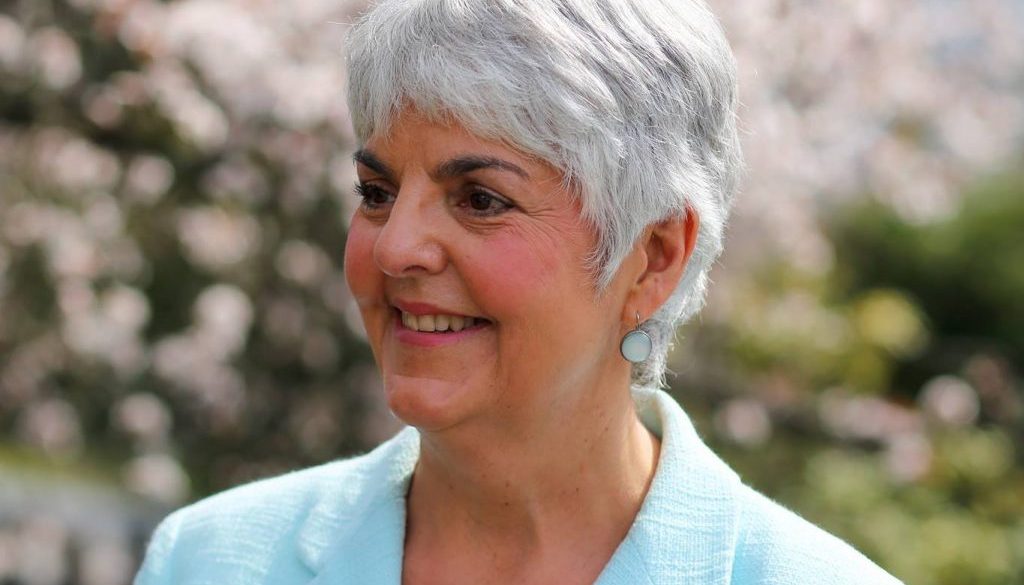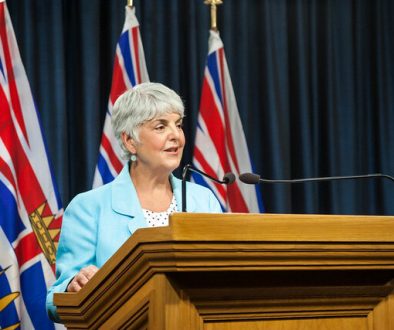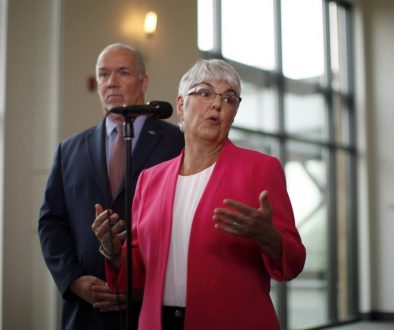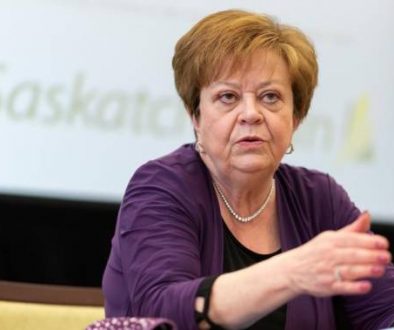B.C. finance minister unveils new tax bracket and investments in Budget 2020

British Columbia’s Finance Minister Carole James has released the province’s operating budget for the 2020-21 fiscal year on Tuesday.
One of the highlights is the introduction of a new tax bracket in which people who earn more than $220,000/year – the top 1% earners in the province – will see their taxes rise by 3.7%, creating an estimated revenue of $216 million next year.
“Today we’re asking the people at the top, the highest 1% of individual income earners, to pay a little more and help B.C. provide families and communities with better services and stronger infrastructure,” said James.
The seven per cent Provincial Sales Tax will also start being applied to sugary drinks starting July 1st.
Revenue from these new sources will allow the government to create a needs-based BC Access Grant program that will offer around 40,000 low and middle-income college and university students $4,000 to help with up front costs of tuition.
“With the new BC Access Grant, we’ll put a college or university education within reach for thousands more British Columbians,” James said.
“These grants will make a difference for students and they’ll help B.C. businesses find the skilled people they need.”
Budget 2020 also adds $28 million to the provincial program that helps people buy electric vehicles and build charging stations at their homes and workplaces.
Starting this fall, a new BC Child Opportunity Benefit will give families with children under 18 $1,600 per child to help with care costs, based on the family’s income.
Other highlights include the elimination of MSP premiums for all B.C. residents other than international students, reducing ICBC premiums by 20% by 2021, and raising the PST on vaping products to 20%.
The forecast for B.C. real GDP growth in 2020 has increased slightly from 1.9% to 2.0%, while the forecast for 2021 has been revised slightly from 2.0% to 1.9%, compared to the First Quarterly Report 2019.
Overall, the total government revenue is forecast at $60.6 billion in 2020-21, $62.4 billion in 2021-22 and $64.2 billion in 2022-23.
Meanwhile total expenses over the three-year fiscal plan are forecast at $60.1 billion for 2020-21, $61.9 billion for 2021-22 and $63.5 billion in 2022-23.
This content was originally published here.




